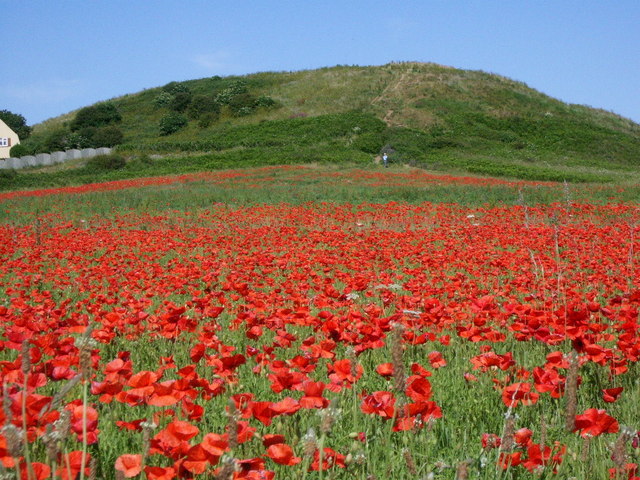In Helmand Fields
Afghanistan's twin plagues: insurgents and opium. U.S. presence has increased the numbers of both.
 Amid debate and discussion in the United States about the war in Afghanistan, relatively little has been said during the last couple of years about Afghanistan's continued role as the preeminent producer of poppy used to make heroin. That is not surprising, given the salience of the issues of troop levels and military strategy. Quil Lawrence of NPR directs our attention back to the drug problem with a report that highlights how any reduction in foreign economic assistance will tend to increase the incentive for Afghan farmers to grow poppy. A reduction in economic aid would represent a separate set of decisions from those governing military strategy and resources, and the two need not move as much in tandem as Lawrence's report may suggest. Nonetheless, he is right to anticipate a resurrection of the issue.
Amid debate and discussion in the United States about the war in Afghanistan, relatively little has been said during the last couple of years about Afghanistan's continued role as the preeminent producer of poppy used to make heroin. That is not surprising, given the salience of the issues of troop levels and military strategy. Quil Lawrence of NPR directs our attention back to the drug problem with a report that highlights how any reduction in foreign economic assistance will tend to increase the incentive for Afghan farmers to grow poppy. A reduction in economic aid would represent a separate set of decisions from those governing military strategy and resources, and the two need not move as much in tandem as Lawrence's report may suggest. Nonetheless, he is right to anticipate a resurrection of the issue.
The objectives of counterinsurgency and counternarcotics have always conflicted. Simply put, eradicating poppy fields may serve the latter objective but undermines the former because it antagonizes farmers who see poppy growing as their best chance of making a living and therefore makes it all the harder to win hearts and minds. A farmer who has had his fields wiped out by the government (or foreign forces) is one more potential recruit for the Taliban. The NATO policy has basically been to favor the counterinsurgency objective and to let the poppies grow. Given what has been most pressing and most costly for the West, that was probably the right decision. But we have to remember the whole package, drugs and all, in any net assessment of success and failure in Afghanistan and how events there affect interests elsewhere.
The underlying economics and the incentives they shape are basically the same no matter who is running Afghanistan. Once when the Taliban was still in control of most of the country they made a big show of prohibiting poppy growing. The ban only lasted a year, during which time it served the Taliban's purposes of winning some anti-drug applause while helping the Taliban gain control of the market and greatly increasing the value of the Taliban's own stocks of opium. As long as infrastructure in Afghanistan is what it is and farmers find it hard to grow and bring to market profitably alternative crops that are of higher bulk and lower value, they will grow poppy.
So expect the drug issue as it relates to Afghanistan to regain prominence, either during the drawdown of U.S. troops or after. It will be an issue even if the highest hopes for the counterinsurgency, and for what kind of political and security structure it will leave behind, were to materialize.
Image by Stephen D. Bennett
